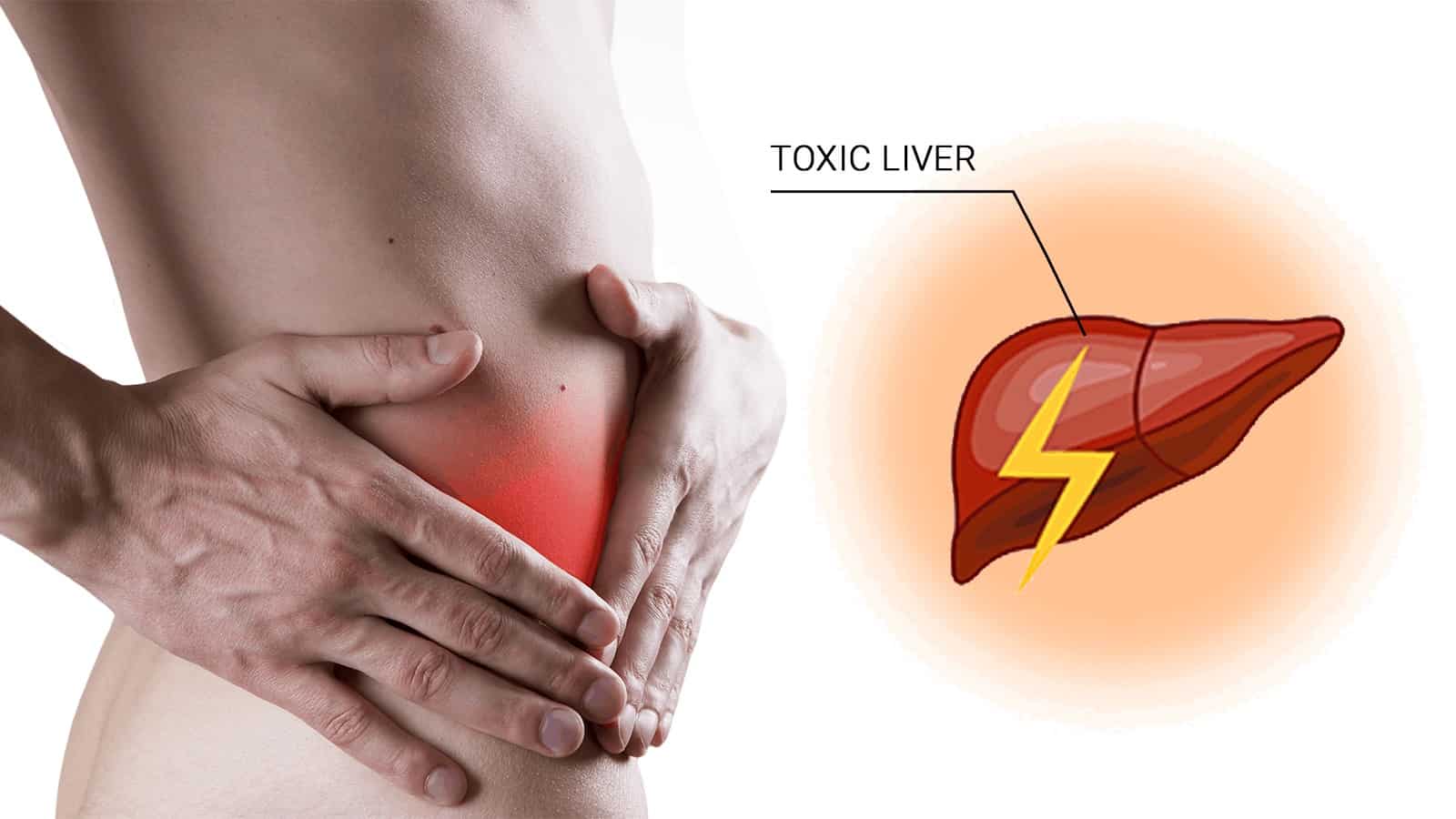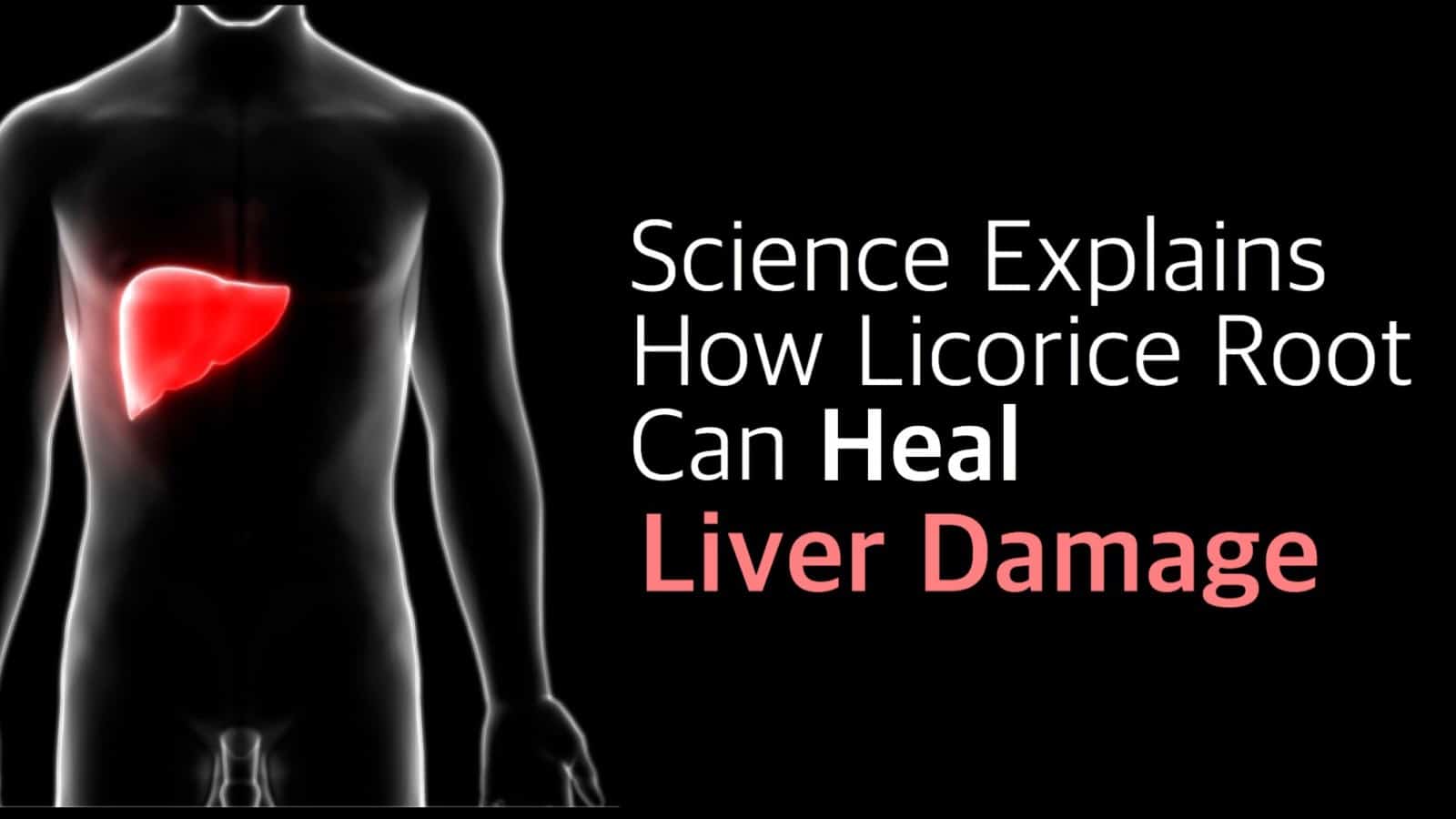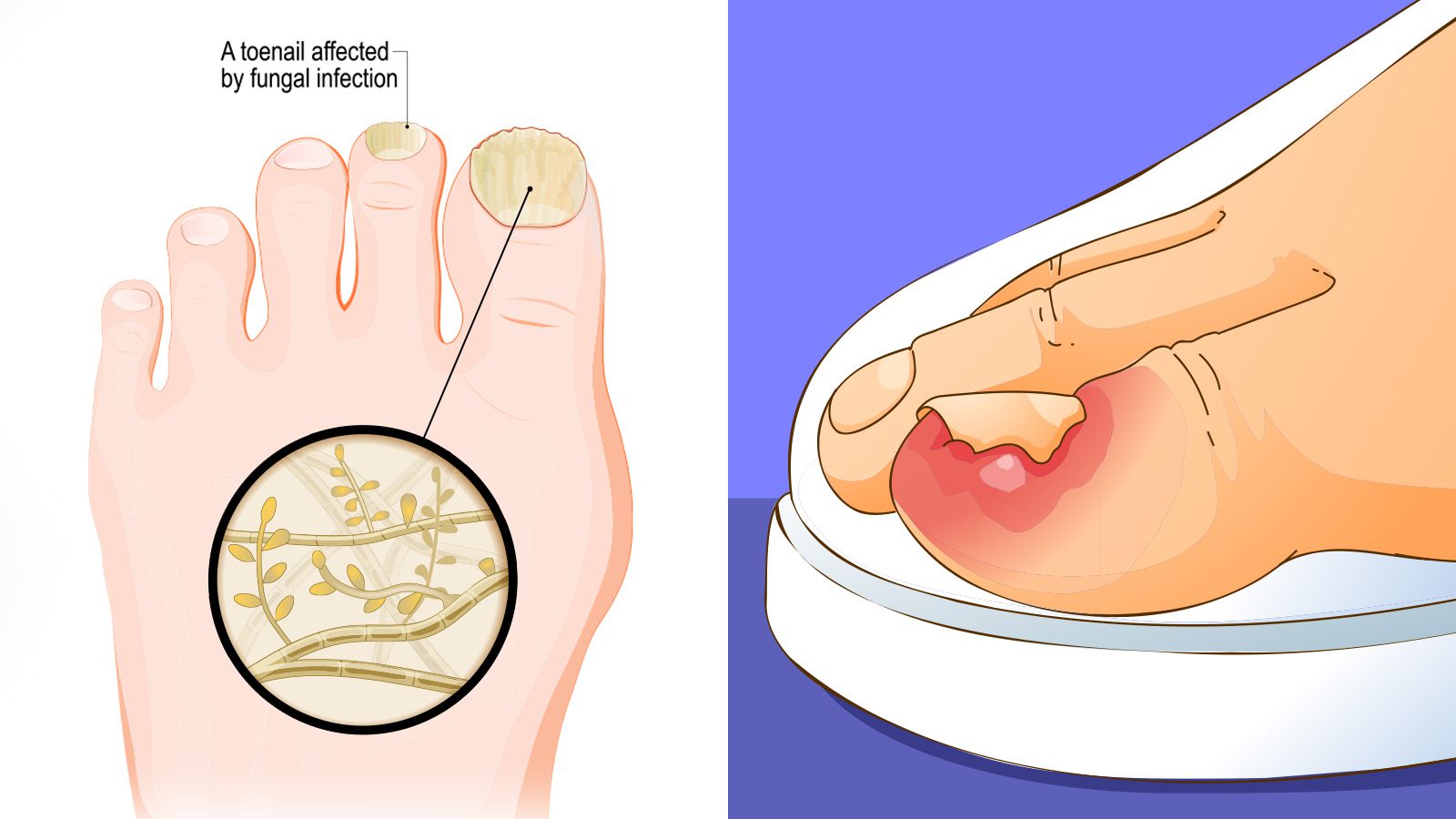After an evening of drinking, you may feel sorry for your liver. Other than that, you probably don’t give this major organ much thought.
After your skin, your liver is the second largest organ in your body. It filters out harmful substances from your blood and it helps turn food into energy. Those are important functions, showing that a healthy liver is mandatory for overall good health.
There are many different types of liver disease, including cirrhosis, hepatitis, cysts, cancer, and alcohol-related diseases.
Even if you avoid alcohol, which can be toxic to your liver, you can be susceptible to Nonalcoholic Fatty Liver Disease (NAFLD). NAFLD is one of the most common causes of toxic liver disease in America. According to the American Liver Foundation, there are between 79,000 and 90,000 Americans living with NAFLD currently. NAFLD can lead to cirrhosis of this important organ and can progress to a point where a person needs a liver transplant.
Preventing a Toxic Liver
Risk factors for NAFLD include obesity, Type 2 Diabetes, and high cholesterol. The good news is that a toxic liver from NAFLD is preventable and reversible. According to the American Liver Foundation, you can do the following to help prevent NAFLD:
- Eat a diet rich in fruits, vegetables, grains, and healthy proteins.
- Limit your intake of foods high in sugars, saturated fats, and salt.
- Incorporate exercise into your daily routine.
- Keep your weight at a healthy level.
- Manage diabetes.
- Lower your cholesterol intake.
- Avoid alcohol.
Unfortunately, NAFLD does not have any symptoms, but the disease can progress to Nonalcoholic Steatohepatitis (NASH). NASH causes symptoms, and if you are experiencing the following signs, you should consult your physician. Untreated NASH can lead to cirrhosis and scarring of the liver, which puts you at risk for serious issues.
If you suspect that your liver is toxic, your doctor can perform a blood test to check for certain proteins and enzymes in your blood. Such tests will reveal what this vital organ is producing as well as filtering out.
Here Are 6 Signs You Have a Toxic Liver
1. Jaundice
Yellowing of the skin, nails and/or the whites of the eyes can reveal underlying toxicity. Jaundice signals that this disease has progressed to cirrhosis and you should seek medical help immediately.
2. Lack of energy and mental confusion
Toxic liver disease can cause fatigue, weakness, and lack of energy. Fatigue in combination with nausea, diarrhea, and loss of appetite are the first signs of liver failure, requiring immediate medical attention. The American Liver Foundation says that toxins can also build up in your brain, causing problems with memory, concentration, and sleep. Untreated, this can even lead to mental confusion.
3. Lack of appetite
Nausea, vomiting, and/or lack of appetite have all been linked to toxic liver disease. As a result of the nausea, patients may also experience weight loss. Leptin is a hormone secreted by the body to make you feel full after eating. Patients with toxic livers experienced increased levels of leptin, which could also account for their lack of appetite. One study suggested that these symptoms, in addition to a blood test for elevated AST (aspartate aminotransferase, a specific blood enzyme), should be used as a diagnostic tool for NASH and NAFLD.
4. High cholesterol and blood clotting
Obesity can cause hypertension and high cholesterol, but they are both also symptoms of underlying liver disease. You are more likely to have your doctor check your cholesterol levels regularly, so if these are elevated, request a check of your blood enzymes for signs of other issues.
Blood clotting more quickly than normal can also be related to cirrhosis or liver fibrosis.
5. Skin sensitivity and skin problems
Itchy skin or spider veins can be a result of edema or swelling under the skin. The skin may also appear red or flushed. In diabetic patients, the skin may appear bronze in color when failure of the organ is imminent.
6. Swelling in the abdomen or legs
Swelling in your lower legs or bloating in the abdomen could indicate a toxic liver that, when inflamed, results in a buildup of fluid. The swelling can be painful due to the pressure it puts on the skin and surrounding tissues.
For overweight or obese patients, the swelling can be disguised by fat in the abdomen and the underlying cause may be missed by doctors. One study found that pediatricians were not screening obese children for liver disease, even though they had the risk factor of being overweight.
Consult with a medical professional if you have any concerns about the health of your liver. Catching a problem before it develops symptoms is better than having to treat a more advanced problem after a late diagnosis.
















